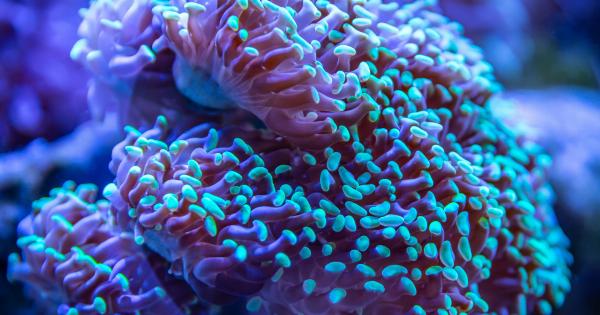Dehydration is a condition where an individual loses more fluids from their body than they take in. This can cause serious medical emergencies and can even lead to death.
It is a silent killer because many people do not realize that they are dehydrated until it is too late. In this article, we will explore the different ways dehydration can affect the body and why it is important to stay hydrated.
How dehydration occurs
Dehydration occurs when the body loses more fluids than it takes in. This can happen through sweating, urinating, vomiting, diarrhea, and breathing.
It is important to note that even without physical activity, the body naturally loses fluids throughout the day through activities like breathing and sweating.
The effects of dehydration on the body
Dehydration can have serious effects on the body. Mild dehydration can cause symptoms like headache, dizziness, and thirst. As dehydration becomes more severe, symptoms can include:.
- Rapid heartbeat and breathing
- Fever and chills
- Sunken eyes
- Dry skin and mouth
- Muscle cramps
- Confusion and disorientation
- Seizures and unconsciousness
The importance of staying hydrated
Staying hydrated is important for overall health and wellbeing. Fluids help regulate body temperature, transport nutrients throughout the body, and flush out waste. It is recommended that adults drink at least eight glasses of water per day.
However, certain factors can increase someone’s need for fluids, such as physical activity, hot weather, and illness.
How to stay hydrated
There are several ways to stay hydrated. Drinking water is the most obvious way, but other fluids like milk, juice, and herbal tea can also contribute to hydration.
Foods that have a high water content, such as watermelon and cucumbers, can also help keep the body hydrated. It is also important to be aware of the signs of dehydration and drink fluids before symptoms occur.
Preventing dehydration in specific populations
Some populations are more susceptible to dehydration than others. The following are some tips for preventing dehydration in these populations:.
Children
Children are more likely to become dehydrated than adults because their bodies have a smaller fluid reserve. Parents should encourage their children to drink fluids regularly, especially during physical activity and hot weather.
Athletes
Athletes are more prone to dehydration because they lose fluids through sweat during physical activity. They should drink fluids before, during, and after exercise to maintain hydration.
Sports drinks can also be beneficial for athletes because they provide electrolytes that are lost through sweating.
The elderly
The elderly are also more susceptible to dehydration because their bodies have a decreased ability to conserve water. They should drink fluids regularly and avoid foods and drinks that can be dehydrating, such as alcohol and caffeine.
Sick individuals
Sick individuals, especially those with vomiting and diarrhea, are at risk of becoming dehydrated. They should drink fluids regularly, and in severe cases, may need to receive fluids intravenously in a hospital setting.
The bottom line
Dehydration is a serious condition that should not be taken lightly. The body needs fluids to function properly, and it is important to replenish these fluids regularly.
By staying hydrated, people can prevent medical emergencies and maintain their overall health and wellbeing.































